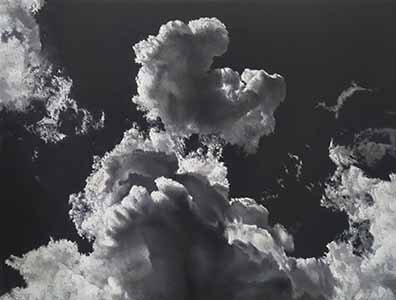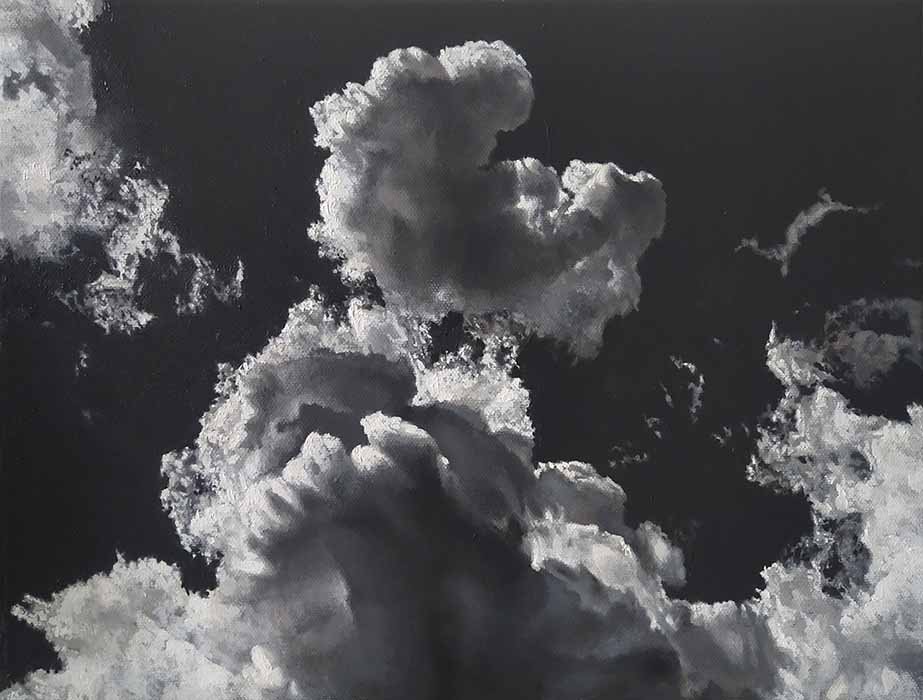Guest Curator Francisco Guevara Highlights The Works Of Alberto Repetti, Kotaro Machiyama & Mato Enki
Francisco GuevaraAbout Francisco Guevara
Born in Puebla, Mexico, Francisco Guevara is a curator based in Mexvisual artist andico, Peru, and Italy. He is co-founder and Co-Executive Director of and International Artist Residency Program. Francisco specializes in ethics at the intersection of historiography and visual culture, and the analysis of performativity in contemporary art practices.
As a visual artist, he investigates the spatialization of class and its historical construction through various media, including installation and painting. Francisco Guevaraâs experience spans more than 20 years of designing, curating, and managing art projects through visual arts education and international cooperation to promote social change.
His essays and critical texts focus on place and history as ideological distortions; they address subjects such as contemporary art practices, historiography of art, and the artist residency field, and they have been featured in numerous international publications as well as presented as guest lectures institutions and forums around the world.
Upcoming projects and researches (2021/22):
Francisco Guevara is currently working on a series of indigo dye paintings on canvas,
exploring issues of class, colonization and 18 th -century textiles from the AmericasHe will be presenting at the 2021 Taiwan Art History Association Conference âArt History in Art Museumsâ his latest essay on museum technologies, 20 th -century art, and the invention of Mexico as a place
He is currently working on an essay addressing the legacy of traveling artists in the invention of destinations such as Peru
In April of 2022, Arquetopiaâs newest residency site and research center in Italy will begin operating
Selected Artists
Alberto Repetti.Kotaro Machiyama.Mato Enki.Alberto Repetti
Art continuously situates us as viewers in relation to place and history, and therefore, it cannot reflect a ready-made reality, especially since all artists are producers of meaning. In Alberto Repettiâs work, there is a recurrent questioning of the ârealâ and the âimaginaryâ to remind us how both discourses function in the perception of our experiences.
âEncounterâ is a recurrent theme in his work, and in that sense, technique becomes an important tactic to make the viewer present in time. His ballpoint pieces seem to overlap the process of drawing and writing, making the discourse of art more visible in the images, while again questioning the idea of our own experience as âthe realâ to re-present it as an ephemeral instant in time.
Repettiâs paintings emphasize the use of color and scale to restage everyday life in a seemingly impossible world, and by confronting notions of reality vs. fantasy, he makes us aware that art is performing in front of us.
Kotaro Machiyama
Modernity has created the fantasy of a world of colorful objects awaiting to be possessed. This is why art, power, and desire are continuously intertwined. As Michael Taussig asserts, for more than four centuries, color has achieved greater conquests than European-instigated violence around the world.
A total bodily activity, color is always connected with bodies, from our own experience of perceiving it, to its effects on the bodies it occupies. Color is the promise of a pleasure and the program of an operation, but what happens when we are mostly left with it and a hint of form?
Kotaro Machiyama uses color to question a world organized by objects and displayed for our own pleasure. His work explores attraction, luring us with color and posing a question about desire. By âshaving downâ and simplifying the form of the objects presented in his paintings, Machiyamaâs work prompts the viewer to rethink and become aware of ârealityâ as a distorted experience.
Is it possible to live in a world organized differently?
Can our experience of eternity become truly extraordinary and move beyond this material world?
Mato Enki
Since the Long 16 th Century, the period of the formation of the Capitalist World Economy, we all live in a structure that prioritizes the fantasy of mobility; however, this mobility only favors the ârightâ kinds of goods and the ârightâ kinds of citizens, always at the expense of specific and targeted groups.
Among other distortions, ârealityâ has been constructed through the illusion of the so-called âmaterial worldâ in contrast to the ânatural,â organizing our experience through a series of presences and absences.
The work of Mato Enki addresses the notion of ârealityâ constantly staged through multiple discourses and their forms of representation. In this sense, visual discourses exercise a force and multiple forms of pressure to both frame and dilute who we are in a complex process of identification through merchandises.
Enkiâs work puts into question this through the mobility of goods, and specifically consumerism and dependency, to reveal how they situate us to make us complicit and immune to injustice and exploitation.
More information about Arquetopia:
ð
ð







